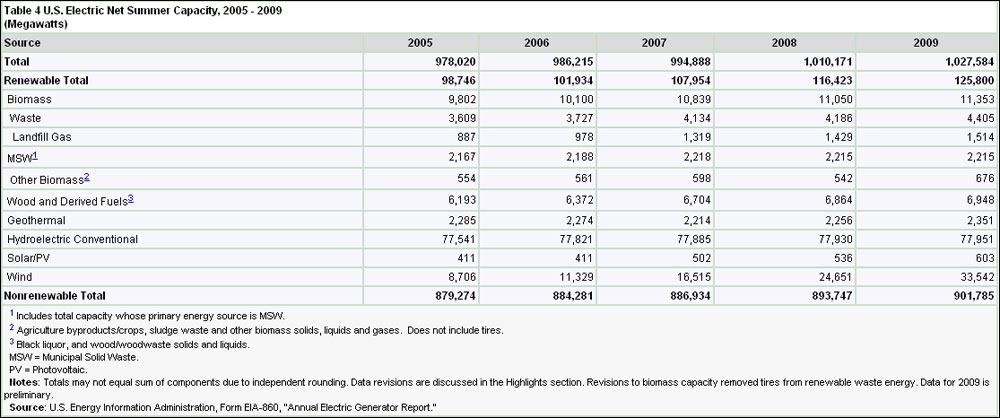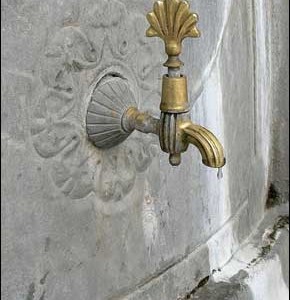Navajo Nation Council Approves Water Rights Settlement
The deal would give the Navajo and Hopi tribes rights to Colorado River water; the U.S. Congress and other stakeholders still need to sign off.
 In the latest attempt to address a lingering dispute for Colorado River water, the Navajo Nation Council voted 51-24 on Nov. 4 to approve a draft settlement that would quantify the tribe’s water rights in the lower river basin.
In the latest attempt to address a lingering dispute for Colorado River water, the Navajo Nation Council voted 51-24 on Nov. 4 to approve a draft settlement that would quantify the tribe’s water rights in the lower river basin.
The agreement, which still needs approval from several parties, including the U.S. Congress, grants the Navajo and Hopi tribes 31,000 acre-feet per year from the Colorado River, as well as 160,000 annually in unappropriated flows from the Little Colorado. Although it generally gives unlimited access to the two aquifers below the Navajo Reservation, it sets a 2,000 acre-foot-per-year cap on the industrial use of aquifer water.
It also provides federal reserved rights, meaning that the right to the water is not lost in case of non-use. In comparison, most western appropriations fall under the ‘use-it-or-lose-it’ doctrine of beneficial use.
The agreement proposes the construction of three new pipelines, at an estimated total cost of $680 million, to bring water to areas of the reservation with inadequate supplies. The Western Navajo pipeline, the largest of the three, will divert surface water; the others will pump from the Coconino and Navajo aquifers.
Based on past settlements, it may be years before the surface water claims are delivered to the Navajo, whose reservation spreads across parts of Arizona, New Mexico and Utah.
In 2005, for example, the tribe and the state of New Mexico agreed to a rights settlement to water in the San Juan Basin, but Congress did not pass the bill until 2009. Accessing the water requires the construction of the $870 million Navajo-Gallup Water Supply Project, for which Congress has allocated only $3 million to date. The 2005 agreement stipulates that it be completed by the end of 2024.
The settlement passed by the council last week is one of several pending water rights claims, said Gil Arviso, vice chairman of the Navajo Nation Water Rights Council. The 31,000 acre-feet will serve Navajo lands in the western area of the lower basin of the Colorado River. Settlements still need to be worked out for tribal lands in the Upper Colorado Basin and in Utah, Arviso said.
Navajo Nation President Joe Shirley Jr. is expected to sign the agreement, which then needs to be approved by the Hopi Tribe, Arizona water stakeholders and the U.S. Congress.
Yet, not all members of the Navajo Council were satisfied with the decision. Council member Hope MacDonald Lone Tree was upset that use of the water was tied to federal funds for a delivery system.
“There is no funding for these proposed pipelines,” MacDonald said, according to a council press release. “Yet, we just agreed to give away our water to all the coyotes who have been stealing it from our people and Nation for years. As far as I’m concerned, all the waters that flow off and within the Four Sacred Mountains are ours. We should never shortchange our future generations by leaving them no tools for survival.”
As the water rights issue was debated earlier this fall, tribe members in opposition to the settlement protested outside the council offices in Window Rock, Ariz., Navajo Times reported.
They said that the settlement did not go far enough in giving the Navajos their fair share of the Colorado River and that the issue should have been decided by the voters.
Source: Navajo Nation Council, Navajo Times
Brett writes about agriculture, energy, infrastructure, and the politics and economics of water in the United States. He also writes the Federal Water Tap, Circle of Blue’s weekly digest of U.S. government water news. He is the winner of two Society of Environmental Journalists reporting awards, one of the top honors in American environmental journalism: first place for explanatory reporting for a series on septic system pollution in the United States(2016) and third place for beat reporting in a small market (2014). He received the Sierra Club’s Distinguished Service Award in 2018. Brett lives in Seattle, where he hikes the mountains and bakes pies. Contact Brett Walton










Leave a Reply
Want to join the discussion?Feel free to contribute!